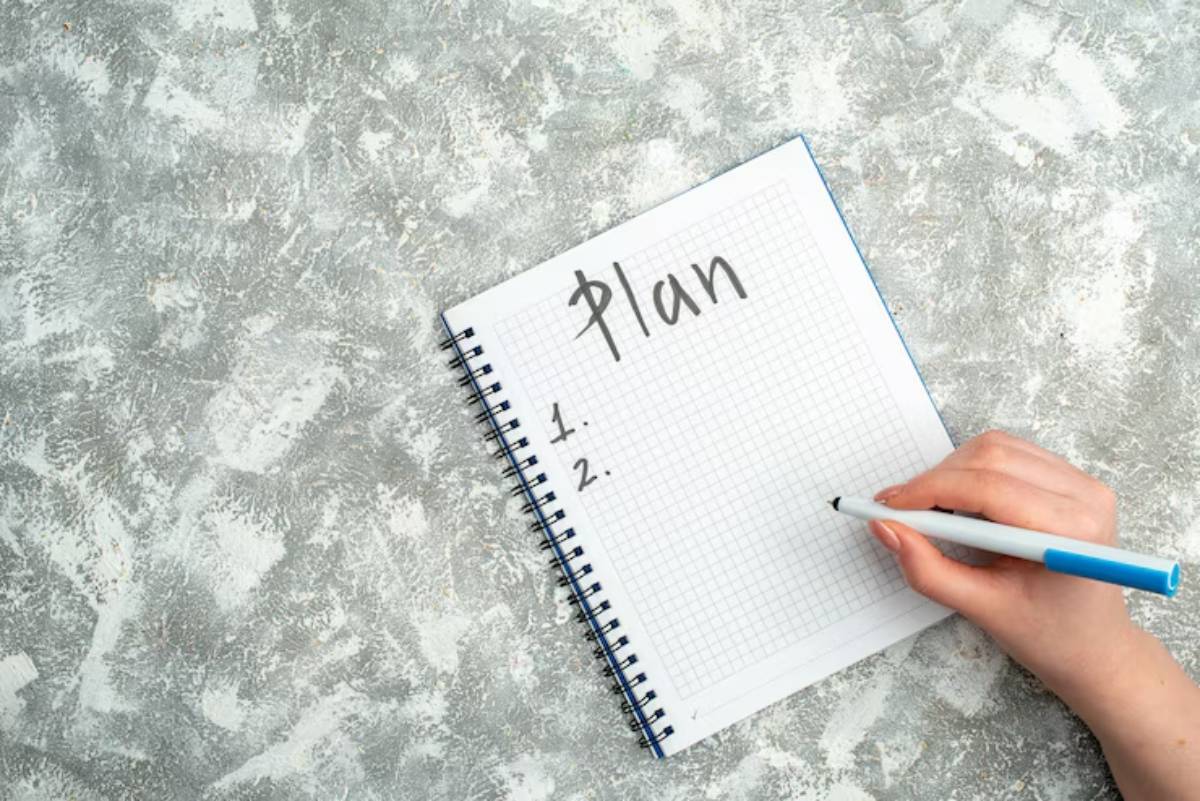
How to Use Accountability Partners to Stay Consistent
Imagine setting a goal — exercising daily, writing regularly, or launching a side project — but faltering by midweek. You’re not alone. Many people struggle with maintaining momentum, despite their best intentions.
This is where accountability partners become game-changers. By introducing productivity accountability into your routine through trusted allies, you can build habit support systems that keep you on track and fend off procrastination. This guide explores the why, how, and best practices for harnessing accountability partners effectively, helping you turn short bursts of motivation into lasting, consistent progress.
Understanding the Core: What Are Accountability Partners and Why Do They Matter

Accountability partners commit to supporting each other’s goals by regularly checking in, offering encouragement, and sometimes challenging each other to maintain momentum.
Why Productivity Accountability Works
Research shows that people are more likely to succeed when they share their goals publicly or with at least one other person. The psychology behind this is straightforward: when someone else expects you to report your progress, your brain triggers a higher level of commitment.
One study from the Dominican University of California found that people who wrote down their goals, shared them with a friend, and sent weekly progress updates were 76% more likely to achieve those goals than those who kept their plans private.
Habit Support Systems: The Backbone of Consistency
Accountability partners create a habit support system — an environment where your habits are nurtured and monitored. This system transforms vague intentions into actionable routines. It can help you notice small wins, adjust strategies, and maintain motivation, especially during challenging moments.
Anti-Procrastination Allies: Fighting Delay Together
Procrastination often stems from feelings of overwhelm, fear of failure, or lack of structure. Having an accountability partner acts as a buffer against these barriers by providing timely reminders, moral support, and even gentle nudges to act. These anti-procrastination allies don’t just hold you accountable; they empower you to keep moving forward.
Pro Tip: Partners with complementary but distinct goals often work well — you motivate each other without competing.
Quick Guide: How to Choose and Work With Accountability Partners
- Identify someone who shares or respects your goals and values consistency.
- Agree on communication frequency (daily, weekly check-ins).
- Set clear expectations for honesty, support, and feedback.
- Use tools like shared calendars, apps, or messaging for updates.
- Celebrate successes and review challenges openly.
Important Note: Consistency in communication builds trust and keeps accountability alive.
Step-by-Step Guide: How to Practise Productivity Accountability with Partners
Step 1: Define Your Goals Clearly
Clarity is essential. Vague goals like “get fit” or “be more productive” don’t create effective accountability. Instead, define measurable, time-bound objectives: “Complete 30 minutes of exercise five days a week” or “Write 500 words daily for my blog.”
Why it matters: Clear goals make supporting and measuring progress easier for your partner.
Step 2: Choose the Right Accountability Partner
Select someone reliable, trustworthy, and ideally, someone who values personal growth. This could be a friend, colleague, coach, or fellow hobbyist.
Step 3: Establish Communication Norms

Decide how and when you’ll check in: via text, phone calls, video chats, or in person. Frequency depends on your goals — daily check-ins suit short-term habits, while weekly reviews work better for longer projects.
Step 4: Share Progress Honestly
Transparency fuels accountability. Share your wins and struggles openly. This builds rapport and allows your partner to help you problem-solve.
Warning: Avoid sugarcoating or skipping check-ins; it undermines the system.
Step 5: Provide Reciprocal Support
Accountability is a two-way street. Offer encouragement and constructive feedback to your partner. Celebrate their milestones and stay patient during setbacks.
Step 6: Use Tools to Stay Organised
Leverage habit-tracking apps, shared to-do lists, or calendar reminders. Platforms like Habitica, Trello, or Google Calendar enhance visibility and motivation.
Step 7: Reflect and Adjust Regularly
Schedule monthly reviews to discuss what’s working and what isn’t. Adapt your approach to keep accountability effective and fresh.
If you’re looking to deepen your time management skills alongside accountability, click here.
Best Practices & Additional Insights
- Be Specific and Personalise Support
Your partner should know what motivation works best for you — tough love, gentle nudges, or cheering on every step.
- Create Mini-Deadlines
Breaking your goal into smaller chunks with deadlines increases urgency and makes progress tangible.
- Build Trust and Avoid Judgment
Accountability flourishes in an atmosphere of trust, not criticism. While constructive feedback is valuable, harsh judgment can deter progress.
- Consider Group Accountability
Sometimes, a small group can provide diverse perspectives and boost motivation, but it must be manageable to maintain quality support.
- Real-Life Example
Jane struggled with sticking to her daily meditation habit. After partnering with her colleague, they set up morning text check-ins. Jane found herself motivated not to let her partner down, and over two months, meditation became an effortless part of her routine.
FAQs
What is productivity accountability?
Productivity accountability involves sharing your goals with someone who helps you stay committed through regular check-ins, feedback, and encouragement.
How do habit support systems improve consistency?
These systems provide a structured framework where habits are nurtured, progress is tracked, and challenges are addressed collectively, increasing the likelihood of success.
Can accountability partners help with procrastination?
Yes, they act as anti-procrastination allies by providing motivation, reminders, and emotional support that reduce delays caused by overwhelm or fear.
How often should I communicate with my accountability partner?
It depends on your goals. Daily for habits needing immediate reinforcement; weekly or biweekly for longer-term projects.
What if my accountability partner is not responsive?
Discuss expectations openly. If they can’t meet your needs, consider finding another partner who aligns better with your commitment style.
Take Charge of Your Consistency with the Right Accountability Partner
Building a productive, consistent routine is challenging, but you don’t have to do it alone. By integrating productivity accountability through reliable accountability partners, you create daily habit support systems that reinforce your goals. These anti-procrastination allies can be the difference between fleeting motivation and lasting change.
Remember, the right partner combined with clear goals and honest communication transforms your ambitions into achievable actions. Why wait? Find your accountability partner today, and start turning consistency from a wish into your new reality.
To understand how mental barriers like procrastination affect you, explore our guide on overcoming avoidance behaviour here.


